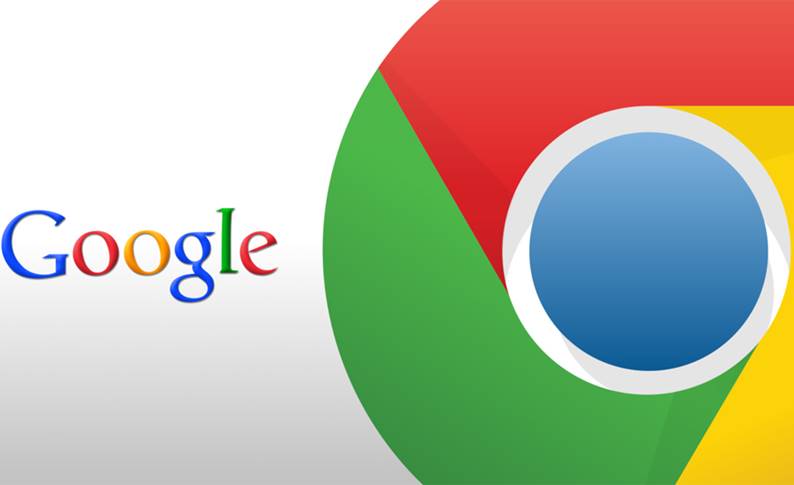Google Chrome este tinta unor hackeri care s-au gandit ca pot pacali oamenii pentru a le sparge foarte usor contul Facebook si a le bloca, sau fura datele din ele pentru cine stie ce scopuri. Conform companiei de securitate informatica Trend Micro, utilizatorii Google Chrome sunt vulnerabili in fata unui malware numit FaceXWorm, el fiind descoperit pentru prima oara in cursul anului 2017, insa in 2018 vine intr-o versiune modificata, mult mai periculoasa, din pacate pentru toata lumea.
Google Chrome poate fi infectat cu acest malware prin intermediul unei extensii care este promovata in cadrul Facebook Messenger prin link-uri malitioase, acestea redirectionand oamenii pe YouTube. Acolo utilizatorilor li se recomanda sa instaleze in Google Chrome o extensie numita Koblo, aceasta fiind infectata cu malware-ul FacexWorm, iar din acel punct conturile Facebook ale persoanelor infectate pot fi foarte usor furate de catre hackeri oricand doresc asta.
Google Chrome: ATENTIE, Cum poate fi SPART Contul Facebook
Google Chrome este infectat in doar cateva secunde cu acest malware, extensia fiind recomandata pentru oameni deoarece ea ar fi necesara pentru a vedea clipul video YouTube catre care sunt directionati, desi acest lucru este fals. Practic, acest nou atac malware este directionat spre oamenii foarte creduli care sunt capabili sa instaleze orice in Google Chrome fara sa isi dea seama ca sunt victimele unui atac informatic, numarul acestora fiind surprinzator de mare.
“Security experts from Trend Micro are alerting Google Chrome users about the FacexWorm malware. This malicious software is loaded onto a Google Chrome extension that people are being tricked into downloading. The malware spreads through dodgy Facebook Messenger links that direct users to a fake YouTube page. Victims are then prompted to download an alleged Google Chrome extension called Koblo.”
Google Chrome este mai apoi folosit pentru a redistribui in lista de prieteni link-ul malitios care face legatura cu clipul video prin care se recomanda instalarea extensiei cu malware, iar asa mai multa lume poate fi pacalita pentru a se autoinfecta. Atacurile de acest gen apar in fiecare an, iar Google Chrome este o tinta din cauza numarului foarte mare de utilizatori care il folosesc, insa in mod normal Facebook ar trebui sa blocheze link-urile malitioase in mod automat la trimitere.






















